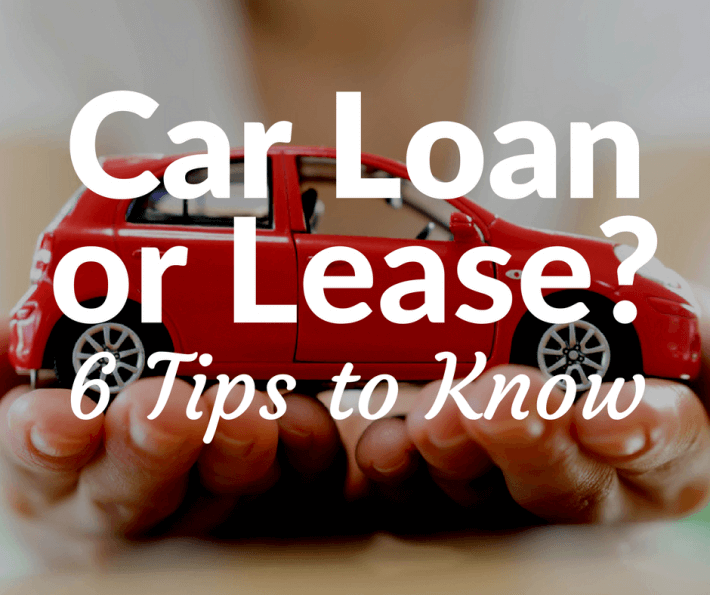When it comes to acquiring a vehicle, there are two primary options to consider – getting a car loan or leasing a car. Both options have their advantages and disadvantages, and knowing which one is best for you can save you a significant amount of money in the long run. In this post, we’ll explore the differences between car loans and car leases to help you make an informed decision.
Car Loan

When you take out a car loan, you borrow a specific amount of money from a lender to purchase a car. Once you have bought the car, you begin making monthly payments until the loan is paid off. The interest rate that you pay can vary depending on your credit score and your lender. A car loan typically ranges from two to seven years, and at the end of the loan, you own the car.
One of the benefits of taking out a car loan is that it allows you to build equity in the car. Equity is the difference between the value of the car and what you owe on the loan. When you take out a loan, you begin with negative equity, but as you make payments towards the loan, your equity increases. This can be beneficial if you decide to sell the car before the loan is paid off because you can use the equity to pay off the remaining balance on the loan.
Another advantage of a car loan is that there are no mileage restrictions. With a lease, there is a certain number of miles that you can drive per year, and if you go over that limit, you may have to pay extra fees.
Car Lease

When you lease a car, you agree to pay for the depreciated value of the car over a certain period. Depreciation is the difference between the value of the car when you lease it and the value of the car when you return it at the end of the lease. With a lease, you do not own the car, but you are essentially renting it for a specific amount of time.
Leases typically last from two to three years, and at the end of the lease, you have the option to purchase the car or return it to the dealership. The payments that you make on a lease are typically lower than a car loan because you are only paying for the depreciated value of the car and not the full purchase price.
One of the drawbacks of leasing a car is that there are mileage restrictions. Most leases limit the number of miles you can drive per year, and if you go over that limit, you may have to pay extra fees. Additionally, you are responsible for any damage to the car beyond normal wear and tear when you return it at the end of the lease.
Which Option Is Best?

The choice between a car loan and a car lease ultimately depends on your individual situation. Here are a few things to consider:
First, think about your lifestyle and how you plan to use the car. If you have a long commute or enjoy taking road trips, a car lease may not be the best option because of the mileage restrictions. On the other hand, if you only plan to use the car for short trips around town, a lease may be more cost-effective.
Second, consider your budget. A car loan typically requires a larger down payment and higher monthly payments, but at the end of the loan, you own the car. With a lease, the payments are lower, but you have to return the car at the end of the lease, and there may be extra fees.
Third, think about your future plans. If you plan to keep the car for a long time, a car loan may be the best option because you will eventually own the car outright. If you like to upgrade your car every few years, a lease may be more appealing because you can simply return the car at the end of the lease and get a new one.
Can I Lease a Car with Bad Credit?

If you have bad credit, it may be more challenging to lease a car because most leasing companies require a good credit history. If you are able to get approved for a lease, you may have to pay a higher interest rate to compensate for the increased risk to the leasing company.
Alternatively, you may be able to get approved for a car loan with bad credit, but you will likely have a higher interest rate and may be required to make a larger down payment.
Ultimately, whether you choose to get a car loan or lease a car, it’s important to do your research and consider your individual circumstances. By making an informed decision, you can save money and enjoy your new car to the fullest.
